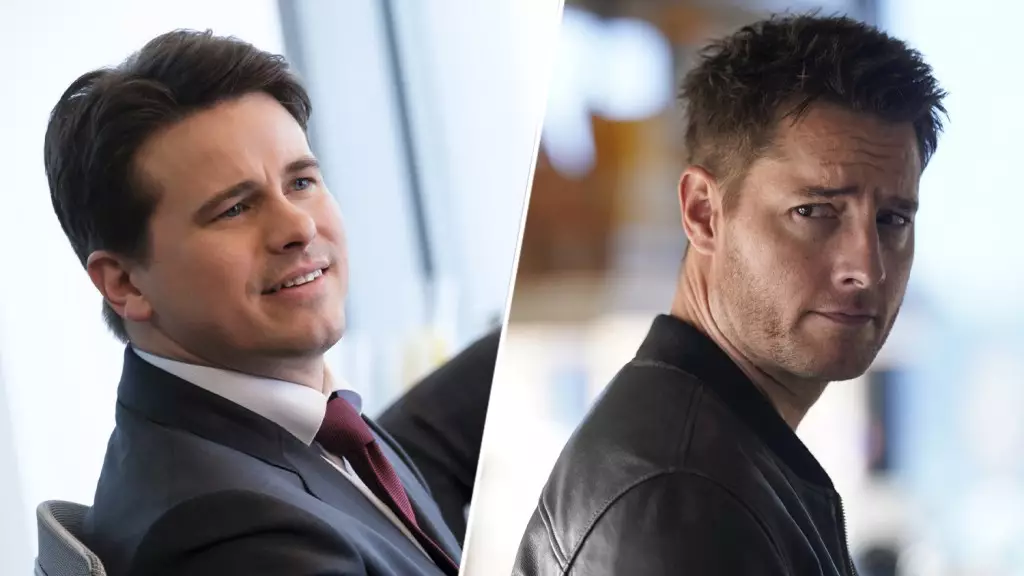In the recent premiere of CBS’s Matlock, Julian Markston emerges as more than just a slick attorney—he embodies the complex layers of human weakness and moral ambiguity. Initially presented as a composed professional, Julian’s character begins to unravel as his secrets threaten to surface, forcing viewers to confront the uncomfortable reality that appearances can be deceiving. The revelation of a clandestine affair and a shadowy past signifies that Julian’s life is built on shaky foundations, teetering under the weight of past sins. His attempt to maintain a facade of control showcases a common human flaw: the tendency to suppress guilt rather than confront it, which ultimately leads to internal chaos.
The Fallout of Secrets and the Fight for Authenticity
As the season progresses, Julian’s internal struggle becomes palpable. The series doesn’t merely depict a man facing personal upheaval; it delves into the psychological toll of living a lie. His divorce mask conceals not just legal entanglements but a deeper spiritual crisis. Having carefully tucked away his shameful indiscretions, Julian’s world is shattered when confronted with the harsh reality—his carefully constructed persona can no longer hide the truth. This revelation forces him to reevaluate what it means to be genuine, both as a father and as an individual. Julian’s journey is an exploration of authenticity in a society quick to judge appearances, urging viewers to consider whether true integrity is obtainable once a person has crossed certain moral boundaries.
Potential Crossovers and Narrative Opportunities
The show’s potential for storytelling expands beyond its current boundaries with hinted crossovers, particularly involving the rugged survivalist Colter Shaw from Tracker. Jason Ritter’s playful suggestion of a team-up hints at a fascinating narrative evolution—one where Julian, currently a man on the run, could seek redemption through collaboration. This proposed partnership signifies a broader theme: that healing often requires external support, especially from unexpected allies. A crossover would not only diversify the storylines but also deepen Julian’s character arc, transforming him from a damaged man into a potential hero seeking atonement. Such narrative risks could enrich the series’ emotional landscape, emphasizing that true strength lies in vulnerability and the courage to face one’s demons.
A Bold Character Arc into Redemption
Julian Markston’s trajectory in the upcoming season appears poised for a dramatic evolution. His willingness to confront his past indicates a desire for growth—an acknowledgment that superficial fixes are insufficient for genuine change. His struggle with guilt and shame highlights essential themes of forgiveness and self-acceptance. Instead of remaining a static figure haunted by secrets, Julian has the potential to become a symbol of resilience, embodying the complex human capacity for change. If the series leans into this vulnerability, viewers might witness a compelling redemption story—a narrative that champions honesty over concealment and courage over cowardice. Julian’s future is uncertain, but the seeds for renewal are certainly taking root amidst the chaos, promising a season of profound character development.
